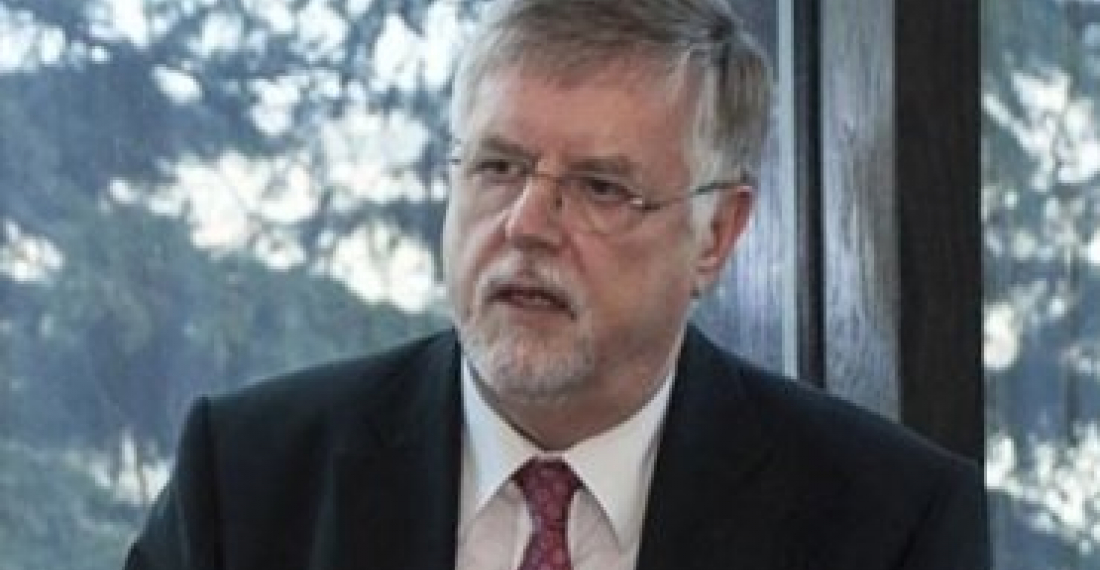The European Union Special representative to the South Caucasus, Ambassador Herbert Salber has reiterated the support of the EU to the efforts of the co-Chairmen of the OSCE Minsk Group dealing with the Nagorno-Karabakh conflict. Speaking in an interview with the Armenpress news agency at the end of his visit to Armenia last week Ambassador Salber stated that the EU was also "complementing their efforts through its support for civil society peacebuilding activities".
"Already for several years, the EU has been funding an important people-to-people project entitled "The European Partnership for the Peaceful Settlement of the conflict over Nagorno Karabakh" ("EPNK"). It is geared towards conflict transformation and peace-building. Through this project, which has recently entered its third phase, we aim at creating and maintaining contacts and exchanges between civil society actors across the conflict divide. As such, it also involves civil society participants from Nagorno Karabakh. EU's further involvement is contingent on progress in the conflict settlement and agreements reached in the course of this process spearheaded by the OSCE Minsk Group and its Co-Chairs", Salber added
Speaking about incidents around the line of contact in the conflict zone, Ambassador Salber said that "given the frequent ceasefire violations and casualties reported, we consider the situation around the Nagorno Karabakh conflict to be very volatile". The EU Special Representative added,
"Tragic incidents, like the most recent one that happened on July 4 and led to civilian casualties, are unacceptable. Violence must stop. This is a matter of serious concern, given the security risks that it entails for the region and the suffering for the people. The European Union has consistently been calling on the sides to strictly respect the ceasefire regime, avoid provocations and confrontational rhetoric, and engage in meaningful negotiations. There is a clear need to create an atmosphere of mutual trust to enable progress toward the desired political settlement at the earliest opportunity.
The European Union has been urging the parties to the conflict to show restraint, stick to the ceasefire and pursue a political settlement. This is something I also always recall in my contacts with the leaderships here as well as in Baku. We also urged the sides to move forward on the implementation of the agreements reached by the Presidents of Armenia and Azerbaijan in Vienna and St. Petersburg last year. Expanding the OSCE Monitoring Mission and introducing an investigation mechanism could be useful instruments to establish the much needed trust between the sides. In parallel, engaging in exchanges and comprehensive negotiations to resolve the conflict on the basis of the OSCE Minsk Group Co-Chairs' proposals on the negotiation table would also be important. We fully support the efforts of the Co-Chairs in this regard."
During his visit to Armenia, Ambassador Herbert Salber met with the Armenian President, Serzh Sargsyan and other Armenian officials.
source: commonspace.eu with Armenpress news agency, Yerevan.







